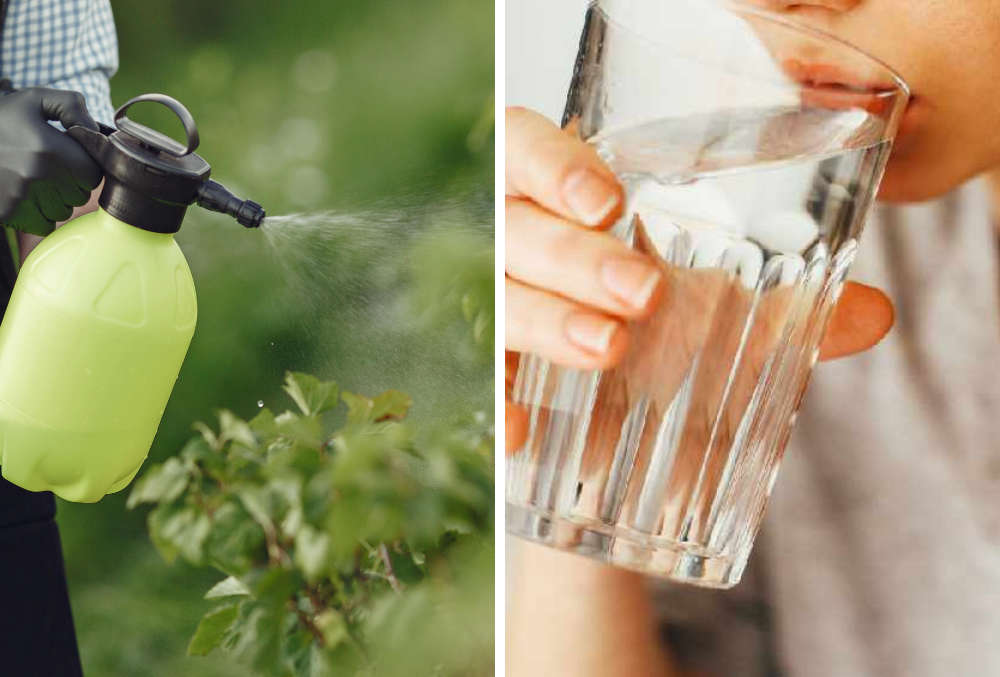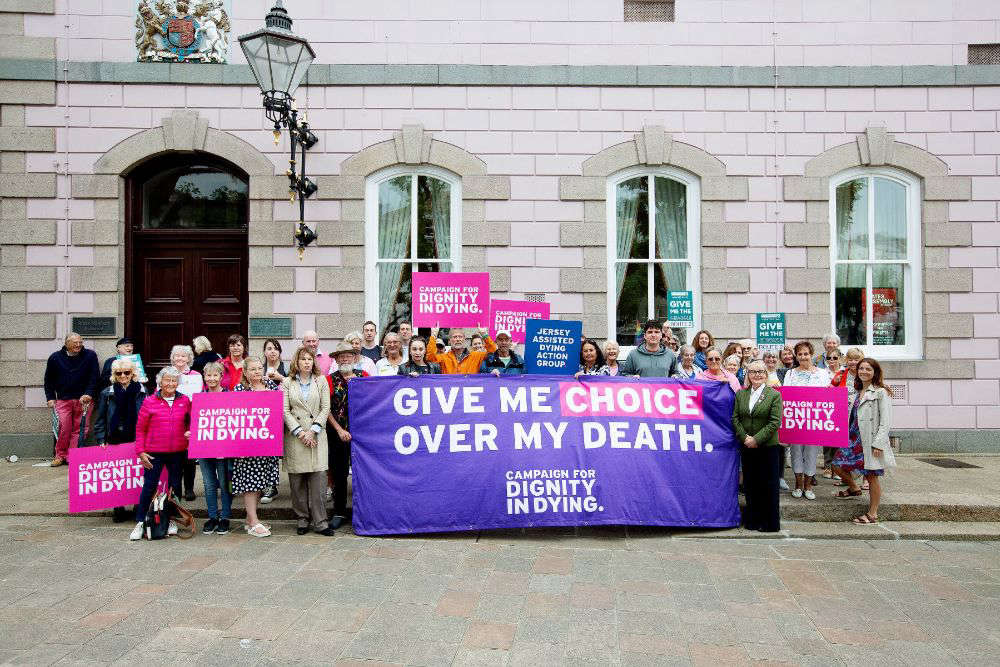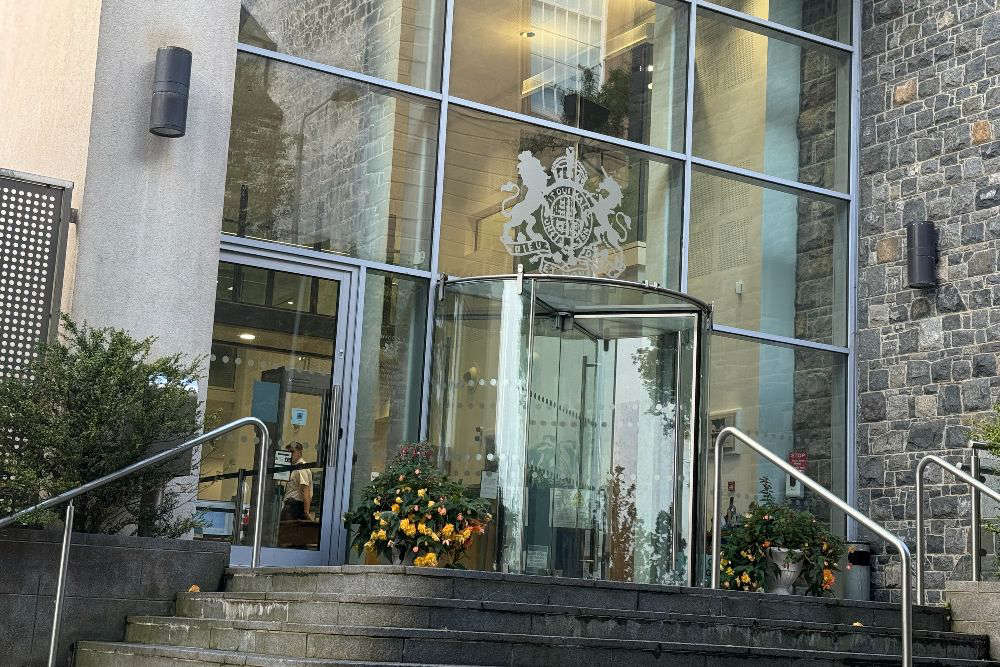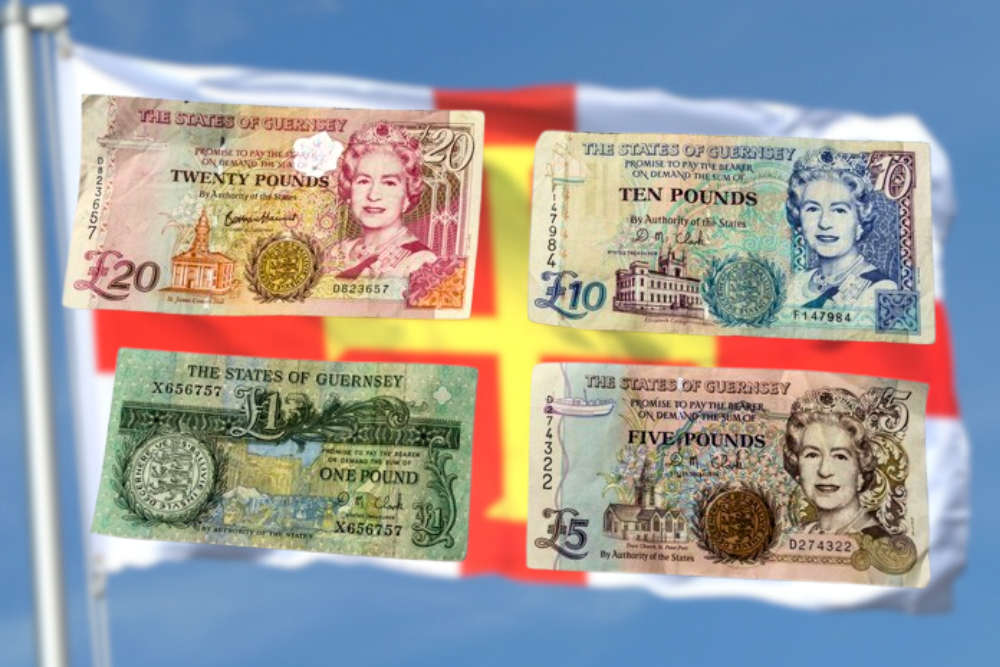
The pesticide metamitron is now banned in Guernsey, following its detection in the island’s largest raw water storage reservoir.
Guernsey Water routinely tests for 130 pesticides in the island's reservoirs.
On 27 February, a routine water quality sample was taken at Longue Hougue reservoir, and sent to the UK for analysis.
The results were received on 14 March, revealing the presence of metamitron - a chemical used to control weeds.
Guernsey Water says the reservoir was immediately isolated from the supply whilst further investigations were carried out.
The rest of the catchment streams and other storage reservoirs were analysed and considered safe.
The source of the metamitron has not been identified, but it is believed it may be the result of a single application of the pesticide somewhere nearby.
Water Quality Risk Manager Daffyd Griffiths says guidelines need to be followed.
“Although this situation is far from ideal, with the island’s largest water resource now only able to provide a very limited supply of water, thanks to our rigorous testing schedules, metamitron was detected early enough to protect the island’s drinking water.
“This situation offers a very real picture of the importance of using pesticides responsibly.
"Longue Hougue reservoir holds a total of around 1,165 million litres of water when full, and the level of metamitron that has resulted in the reservoir being severely restricted for use is equivalent to around half a litre.
“We continue to urge islanders to follow guidelines when using any pesticide, that includes herbicides, fungicides and insecticides.
"Do not spray if rain is forecast, do not apply on or near streams, on hard surfaces or near drains.
"This includes road drains which often discharge into streams, and always ensure that any left over chemicals or containers are disposed of correctly.”
Mr Griffiths urges islanders to use water wisely to avoid limits being imposed this summer.
"Water from Longue Hougue is now having to be used in reduced volumes, and diluted with water from other reservoirs.
Latest tests on drinking water have shown that this approach, along with the introduction of carbon dosing at the island’s northern treatment works, has resulted in metamitron being completely removed.
"Despite this approach now eliminating the presence of metamitron in drinking water, the restricted use of Longue Hougue reservoir does impact our water resources position.
“With an exceptionally dry spring and the restricted use of 27% of the Island’s stored water, if the current dry spell of weather continues or another pollution incident occurs we could be facing a water shortage, and a requirement for usage restrictions as time goes on."


 Food will not be exempt from GST in Guernsey
Food will not be exempt from GST in Guernsey
 Victor Hugo Centre fund reaches £7.5M
Victor Hugo Centre fund reaches £7.5M
 "We want our schools to be smartphone-free environments"
"We want our schools to be smartphone-free environments"
 Assisted dying will be offered in Jersey
Assisted dying will be offered in Jersey
 Guernsey Man (23) jailed for abusing teen girl
Guernsey Man (23) jailed for abusing teen girl
 New Guernsey charity to fund gender-affirming items
New Guernsey charity to fund gender-affirming items
 Bank tax receipts boost the States of Guernsey's fortunes
Bank tax receipts boost the States of Guernsey's fortunes
 'Multi-generational' living could ease Guernsey's housing crisis
'Multi-generational' living could ease Guernsey's housing crisis

